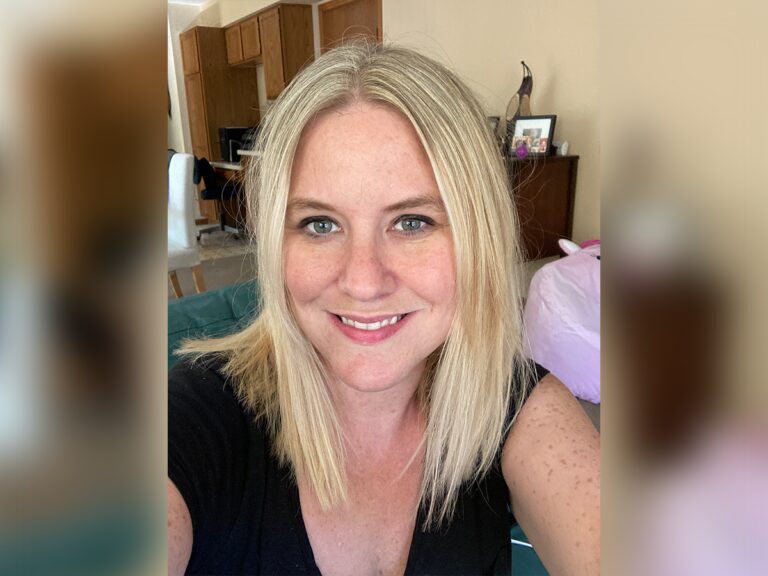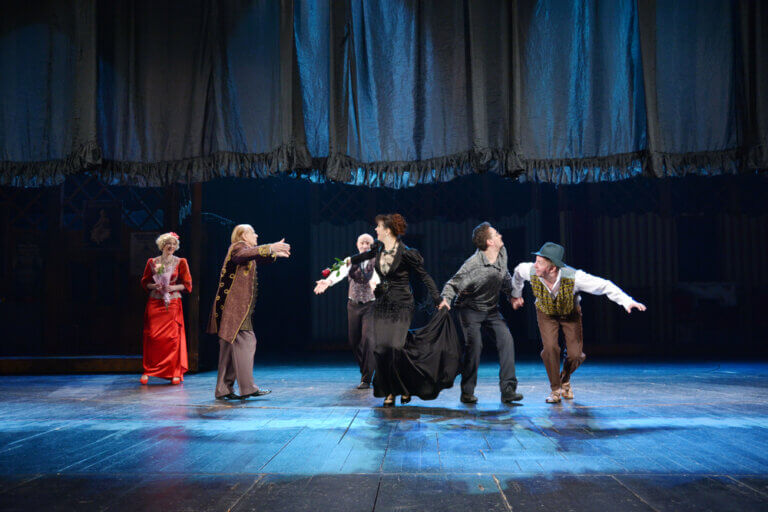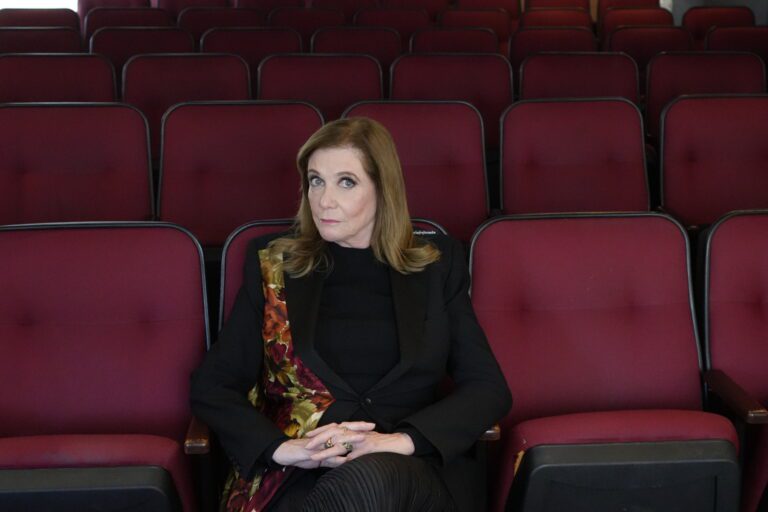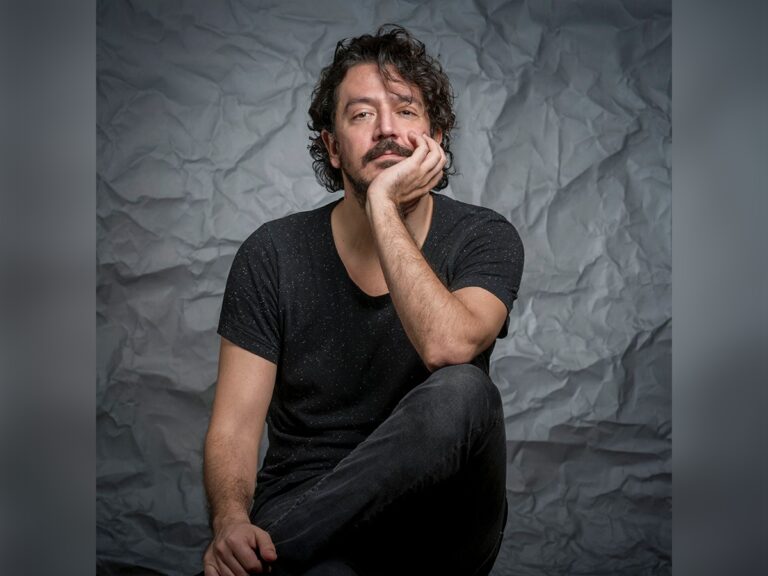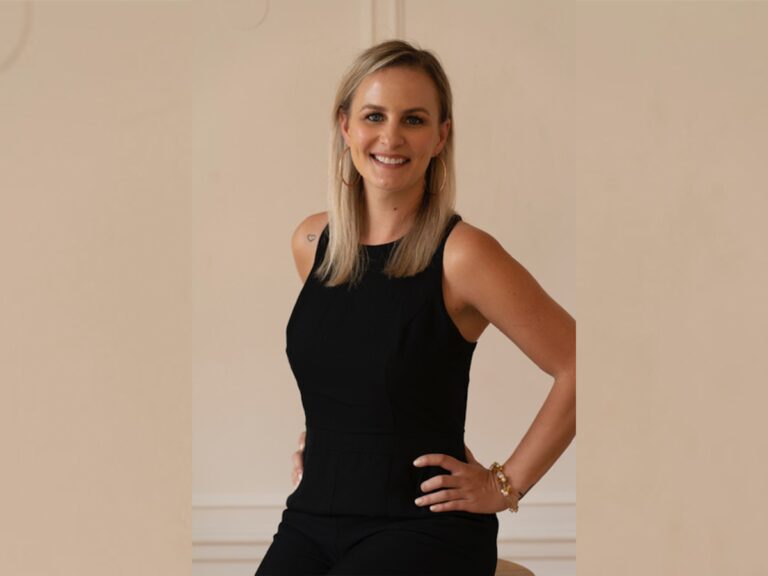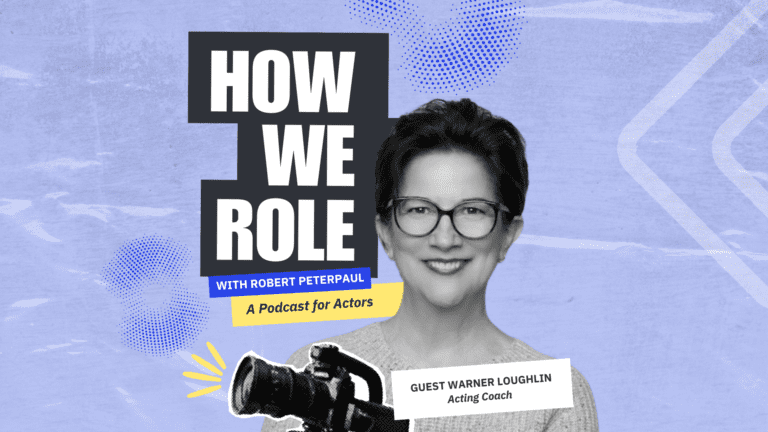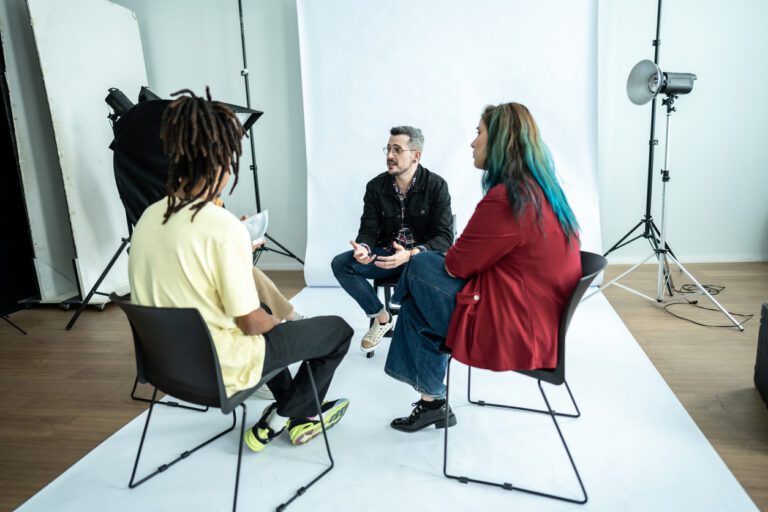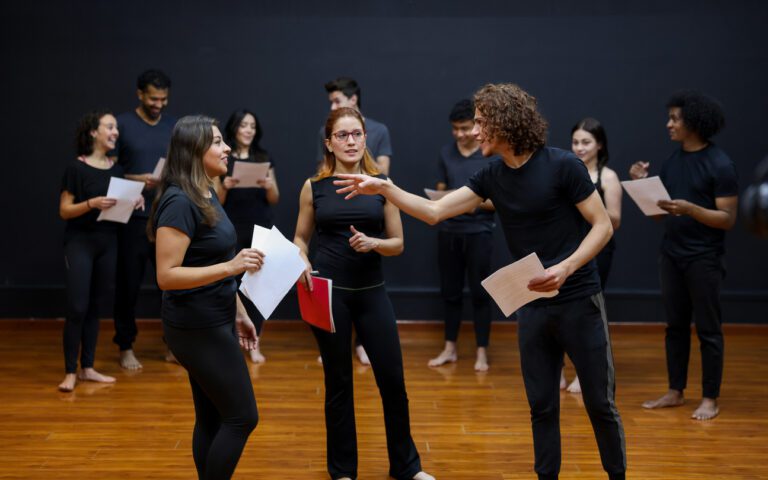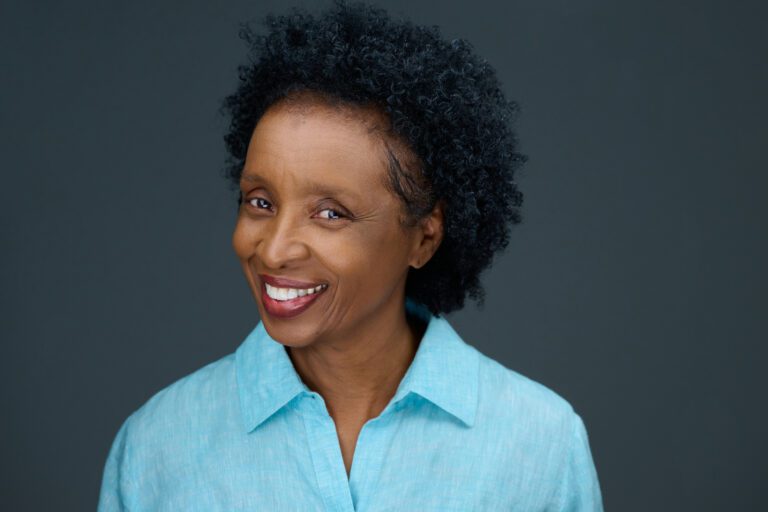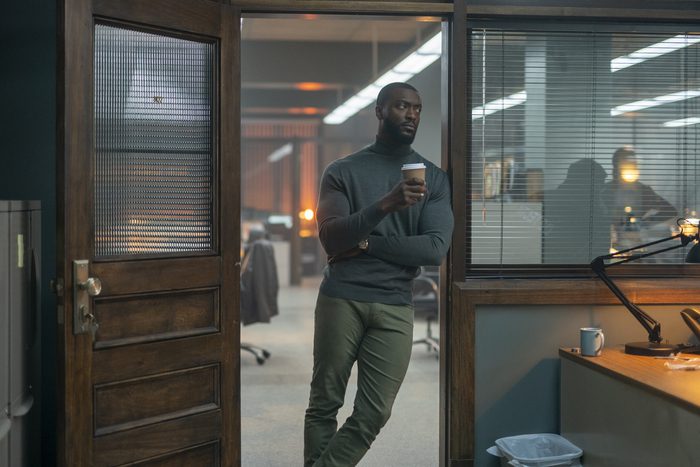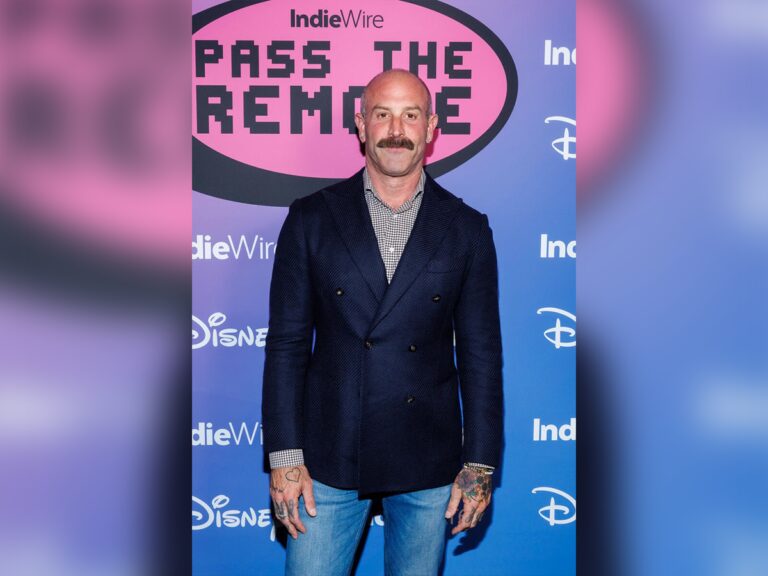If you haven’t seen much of Nickole Doro’s work, you probably don’t consume many children’s shows. Or maybe you don’t watch short-form programming. Either way, you’re missing out.
As a casting director, Doro commands enormous respect from her peers, having earned nine Artios nominations in those two categories since 2018, with one win in 2022 for the kids’ sketch series All That, which she shared with her casting partner, Shayna Sherwood.
Her next project, which she also cast alongside Sherwood, is the indie feature Skill House, starring Neal McDonough and Curtis “50 Cent” Jackson. She spoke to us while on vacation at her husband’s parents’ house in Wisconsin.
Insights: Lessons From Nickole Doro
- Be adaptable in auditions by showing you can change your performance when directed, as getting stuck in one interpretation can be a drawback.
- Always be respectful to everyone you encounter during auditions because your behavior is noted and can influence the casting decision.
- Deliver your best performance, feel good about it and avoid overthinking the outcome to maintain a healthy perspective on the audition process.
Thinking about joining Casting Networks? Sign up for a free trial today!
How did you get into casting in the first place?
I’m originally from Green Bay, and being from a small town, I didn’t know that casting ever existed.
Growing up, I was really into TV and film, and I went to school for musical theater. Then I met my husband (he was a directing major). I was going to go to New York, and he was going to go to LA. I decided, “Oh, well, I’ll just go to LA with you.”
When we moved to LA, a friend of my sister said our mutual friend, [Casting Director] Jill Anthony Thomas, might need an intern, and she thought this would be a way for me to learn the industry from the back door. I met with Jill, became her intern and fell in love with everything that casting had to offer.
What was it about casting that had so much appeal?
I like office work and shuffling papers. I also like helping people, discovering new talent and then shepherding them, working with them and helping them become better, or even just helping them get their foot through the door.
Was that the end of the acting career?
I was her intern, then her assistant. I then thought I should at least try acting. I got a big co-star role on a TV show called Rodney, and then after that, I quit.
The siren song of casting was too much to resist?
(Laughs) Well, yeah, because we were working on the same lot as Rodney. I went to set. It was my day of shooting, but there was so much downtime, and I hate downtime.
I’m a total workhorse, so I asked them, “Can I go down to the casting office and do some work until you need me, and then call me back, and then I’ll run up the hill and jump in my scene?” They said no. The truth was, I just wanted to be at the casting office working.
How did you and Shayna start working together?
We met at Carol Goldwasser’s office. I was her intern in between jobs with Jill. She would have summers off, and then I would just keep working. I worked with Carol on the second season of Austin & Ally, and then transitioned over to the pilot for Dog with a Blog.
Shayna and I met because our desks were next to each other. We just hit it off right away. It wasn’t until years later that she was going to go off on her own. I was still working with Jill, and she talked me into jumping ship with her.
What ultimately made you take that leap?
I talked to Carol and she said, “Look, Shayna is going to go off and do her own stuff, and you should jump now, or she’s going to leave you in the dust.” Also, Jill said, “Well, there’s a cushion here. Go do it. Have fun, and see if you like it. And then if you want to come back, there’s always a job.”
What did you learn from Jill and Carol?
I learned to have fun in the process. Jill would say at lunch, “We’re going to stop doing what we’re doing. We’re going to play cards at lunch for an hour, and we’re going to let the phones go to voicemail. Let’s take a break. Let’s go for a walk. Let’s make it fun.”
Carol was very nurturing and very much a believer in being straight [with people]. There was another assistant that she had, and she said, “You’re really good at office work. You would be better off in an office, paper shuffling and whatnot. Nickole is a casting director because she’s got the goods. She’s got the taste. She knows what to do, she knows what to see, and she just needs to know directors and producers so that she can get those jobs.” Carol would also give credit where it was due. If I had a good idea, she would let people know it was mine.
What effect did Carol’s words have on you?
Up until then, I was kind of a follower. I was fine [with being] an associate and never taking that next step to doing my own stuff. Being allowed by Jill and Carol to express my opinion or say, “I really like this person or this performance,” also helped. Jill would let us go through the submissions, pick out a couple of people and throw them in if we thought they might work. I guess Carol’s belief in me is what catapulted me into knowing that I could do it on my own.
In all the auditions you’re still doing, do you find that there are common mistakes people make?
Yes. When you’re in the room with somebody, and they ask to do it again multiple times. You flub a line, okay, fine, do it again. Sometimes they’ll get in their head, and then they’ll stop acting, and they’ll freak out. That tells me, “Okay, you’re going to be crazy on set, and you’re going to make it all about you. And that’s just not what we can have today.”
Also, the inability to shift their performance once they’ve worked on it with a coach or something. They get stuck and can’t adjust. At that point, I’m like, “Okay, bye.”
With that in mind, what piece of advice or wisdom would you give to somebody coming in to audition for you?
Don’t be rude to the people outside the door if it’s in-person, because everybody reports to everybody, and we’re friendly with [the people who work the] gate. We’ve had calls like, “Hey, there’s a bitch in a red car, she thinks she’s going to park on the lot. She’s headed your way.”
What else? I always say, “Give the performance of a lifetime, feel good about what you did and then leave.” You can’t overthink everything. You don’t know what’s happening. You don’t know what we see.
You may also like:
